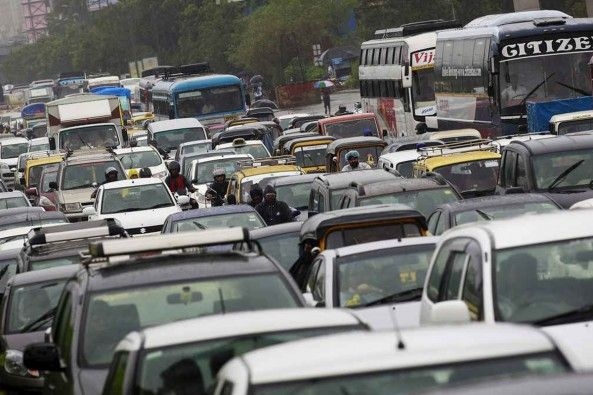General Help
Get information about our website or Droom services
The Vehicle Scrappage Policy has been in work for quite some time now. Today the Government has finally announced it at the 2021 Union Budget. The Finance Minister, Nirmala Sitharaman announced a slew of measures to revive the automobile sector before the Parliament. Through this Vehicle Scrappage Policy, the Government aims to phase out old and unfit vehicles. All the old and polluting vehicles will be sent to the scrapyards wherein they will have to undergo a test at the automated centers that will be established by the government. This particular scheme will be applied to private vehicles above the age of 20 years and commercial vehicles above the age of 15 years. The further details about the policy will be separately shared by the Ministry of Road Transport and Highways. Here we have listed the impacts of the Vehicle Scrappage Policy on the automobile sector.

Impact of the Vehicle Scrappage Policy:
(1) Removing old and polluting vehicles of roads can help the environment.
(2) Many parts from the old vehicle can be re-used by the OEMs. If a particular part or metal of any used vehicle is in good condition then the OEM can use it to manufacture a new vehicle. This will not only benefit the OEM but also the consumer by reducing the manufacturing cost and the purchasing cost of the new vehicle.
(3) According to the Government, it has been estimated that vehicles older than 15 years constitute about five percent of the total fleet but also account for 70 percent of the total vehicle pollution. So the parts of the vehicle that cannot be recycled should be disposed of in an environmentally safe manner.
(4) This policy has increased the lifecycle of the vehicles. This can further be justified with an example. Earlier the lifespan of the vehicle was limited to 15 years. In this case, if the vehicle were in the hands of the 3rd owner, consumers would generally discard it thinking that the vehicle is on the brink of its lifecycle. Now the lifespan of the vehicle has been increased to 20 years. So if the vehicle is in good condition then the consumer can purchase it from the 3rd owner. This will increase the ROI but also reduce the purchasing cost.
Besides these, the Vehicle Scrappage Policy is likely to provide monetary incentives to owners of the vehicle over the age of 15 years that are polluting and unfit to run, in lieu of their next vehicle purchase. Furthermore, we can also expect these incentives to be available in the form of road tax rebates on the purchase of your next vehicle.
Read Also: Citroen C5 Aircross Brochure Released; Launch Soon